Psoriasis is a chronic skin condition that affects millions of people worldwide. It is characterized by the rapid buildup of skin cells, resulting in red, scaly patches on the skin’s surface. This article aims to provide a comprehensive understanding of psoriasis, including its causes, types, symptoms, diagnosis, treatment options, and the impact it can have on mental health.
Introduction to Psoriasis
Psoriasis is an autoimmune disease that primarily affects the skin. It occurs when the immune system mistakenly attacks healthy skin cells, causing an overproduction of new cells. This rapid cell turnover leads to the formation of thick, scaly patches known as plaques. Psoriasis can affect people of all ages, but it often manifests in early adulthood.
Understanding the Causes of Psoriasis
The exact cause of psoriasis is still unknown, but research suggests that it is a combination of genetic and environmental factors. Genetic predisposition plays a significant role, as individuals with a family history of psoriasis are more likely to develop the condition. Additionally, immune system dysfunction and certain triggers, such as stress, infections, or injuries to the skin, can contribute to the development or exacerbation of psoriasis symptoms.
Genetic Factors
Studies have shown that specific genes play a role in the development of psoriasis. Variations in certain genes affect the functioning of the immune system and the regulation of skin cell growth. However, having these genes does not guarantee that an individual will develop psoriasis, as other factors also come into play.
Immune System Dysfunction
In individuals with psoriasis, the immune system mistakenly identifies healthy skin cells as foreign invaders and triggers an inflammatory response. This leads to an accelerated production of skin cells, resulting in the characteristic symptoms of psoriasis. Factors that can disrupt the immune system, such as infections or certain medications, may trigger or worsen psoriasis flare-ups.
Triggers and Environmental Factors
Psoriasis symptoms can be triggered or aggravated by various environmental factors. These may include stress, certain medications (such as beta-blockers and lithium), skin injuries, infections (such as strep throat), smoking, and excessive alcohol consumption. Identifying and avoiding these triggers can help manage psoriasis symptoms effectively.
Different Types of Psoriasis
Psoriasis can manifest in several different forms, each with its own distinct characteristics. The most common type is plaque psoriasis, accounting for about 80% of all cases. Other types include guttate psoriasis, inverse psoriasis, pustular psoriasis, and erythrodermic psoriasis. Understanding the different types is essential for proper diagnosis and treatment.
Plaque Psoriasis
Plaque psoriasis is characterized by raised, red patches covered with silver-white scales. These patches typically appear on the elbows, knees, scalp, and lower back, but they can affect other areas as well. Plaque psoriasis is often accompanied by itching and discomfort.
Guttate Psoriasis
Guttate psoriasis usually appears as small, dot-like lesions scattered across the trunk, limbs, and scalp. It is often triggered by bacterial infections, such as strep throat. Guttate psoriasis is more common in children and young adults.
Inverse Psoriasis
Inverse psoriasis occurs in skin folds, such as the armpits, groin, and under the breasts. It presents as smooth, red patches that may be worsened by friction and sweating. Inverse psoriasis is more common in individuals who are overweight or have deep skin folds.
Pustular Psoriasis
Pustular psoriasis is characterized by pus-filled blisters surrounded by red skin. It can be localized to certain areas of the body or affect the entire body. This type of psoriasis can be accompanied by fever, chills, and severe itching.
Erythrodermic Psoriasis
Erythrodermic psoriasis is a rare but severe form of psoriasis that can cover the entire body with a red, peeling rash. It can be accompanied by severe itching, pain, and swelling. Erythrodermic psoriasis requires immediate medical attention as it can be life-threatening.
Symptoms and Signs of Psoriasis
The symptoms of psoriasis can vary depending on the type and severity of the condition. However, there are common signs to look out for that may indicate the presence of psoriasis.
Red, Scaly Skin Patches
The most visible sign of psoriasis is the presence of red, raised patches on the skin. These patches are often covered with silvery-white scales, which can flake off and cause discomfort or bleeding when scratched.
Itching and Discomfort
Psoriasis patches can be itchy and painful, causing significant discomfort for those affected. Scratching the affected areas can worsen the symptoms and increase the risk of infection.
Nail Changes
Psoriasis can affect the nails, causing pitting, thickening, discoloration, or separation from the nail bed. Nail psoriasis can be challenging to treat and may cause cosmetic concerns.
Joint Pain
In some cases, psoriasis can also affect the joints, leading to a condition called psoriatic arthritis. Psoriatic arthritis causes joint pain, stiffness, and swelling, often in the fingers, toes, or lower back.
Diagnosing Psoriasis
Diagnosing psoriasis typically involves a combination of a physical examination, medical history review, and sometimes a skin biopsy.
Physical Examination
A dermatologist will examine the affected skin areas to look for the characteristic signs of psoriasis, such as redness, scaling, and plaque formation. They may also check for nail and joint involvement.
Medical History
The dermatologist will inquire about the patient’s medical history, including any previous skin conditions, family history of psoriasis, and potential triggers or factors that may contribute to the development of symptoms.
Skin Biopsy
In some cases, a small sample of skin may be taken for a biopsy. This involves removing a small piece of skin and examining it under a microscope to confirm the diagnosis and rule out other skin conditions.
Treatment Options for Psoriasis
While there is no cure for psoriasis, various treatment options are available to manage the symptoms effectively and improve quality of life. The choice of treatment depends on the type and severity of psoriasis, as well as individual factors such as age, overall health, and personal preferences.
Topical Treatments
Topical treatments are usually the first line of defense for mild to moderate psoriasis. They include creams, ointments, lotions, and shampoos containing corticosteroids, vitamin D analogs, retinoids, salicylic acid, or coal tar. These medications help reduce inflammation, slow down cell turnover, and alleviate itching and scaling.
Phototherapy
Phototherapy involves exposing the affected skin to controlled amounts of natural or artificial ultraviolet (UV) light. It can help slow down the excessive skin cell production and reduce inflammation. Phototherapy is usually administered in a dermatologist’s office or with a home UVB unit.
Systemic Medications
For more severe cases of psoriasis, systemic medications may be prescribed. These medications work from inside the body to target the underlying causes of psoriasis and suppress the immune system. They include oral retinoids, methotrexate, cyclosporine, and oral immunosuppressants.
Biologic Therapies
Biologic therapies are a newer class of medications that specifically target the immune system cells involved in psoriasis. They are usually administered by injection or infusion and are reserved for moderate to severe psoriasis that has not responded to other treatments. Biologics can provide long-term remission and significantly improve symptoms.
Lifestyle Changes and Self-Care Tips
In addition to medical treatments, certain lifestyle changes and self-care practices can help manage psoriasis symptoms and prevent flare-ups.
Moisturizing the Skin
Regularly moisturizing the skin can help reduce dryness and scaling. Using fragrance-free moisturizers or emollients after bathing or showering can help lock in moisture and soothe the skin.
Avoiding Triggers
Identifying and avoiding triggers that worsen psoriasis symptoms is crucial. These triggers can vary from person to person but may include stress, certain medications, skin injuries, infections, smoking, and excessive alcohol consumption.
Managing Stress
Stress can worsen psoriasis symptoms and trigger flare-ups. Finding effective stress-management techniques, such as exercise, meditation, or engaging in hobbies, can help reduce stress levels and improve overall well-being.
Maintaining a Healthy Lifestyle
A healthy lifestyle can positively impact psoriasis symptoms. Eating a balanced diet, getting regular exercise, maintaining a healthy weight, and avoiding smoking can all contribute to managing psoriasis effectively.
Coping with Psoriasis
Living with psoriasis can be challenging, both physically and emotionally. However, there are strategies individuals can employ to cope with the condition and maintain a positive outlook.
Support Groups
Joining a support group for individuals with psoriasis can provide a sense of community and understanding. Connecting with others who share similar experiences can help reduce feelings of isolation and offer valuable emotional support.
Seeking Emotional Support
Psoriasis can have a significant impact on mental health, leading to feelings of frustration, embarrassment, or depression. Seeking professional help, such as therapy or counseling, can be beneficial in managing these emotional challenges.
Educating Yourself and Others
Learning more about psoriasis and its causes can help individuals feel more empowered and confident in managing their condition. Educating family members, friends, and coworkers about psoriasis can also help reduce stigma and increase understanding.
The Impact of Psoriasis on Mental Health
Psoriasis not only affects the skin but can also have a significant impact on mental health and overall well-being.
Anxiety and Depression
Living with a chronic skin condition like psoriasis can contribute to feelings of anxiety, depression, or low self-esteem. It’s essential to seek support from healthcare professionals and loved ones to address these emotional challenges.
Social Isolation and Stigma
Psoriasis can make individuals feel self-conscious and lead to social isolation. Educating others about the condition and raising awareness can help reduce stigma and create a more supportive environment.
Seeking Professional Help
If psoriasis is significantly impacting mental health or daily functioning, it is crucial to seek professional help. Mental health professionals can provide guidance, support, and appropriate treatment options.

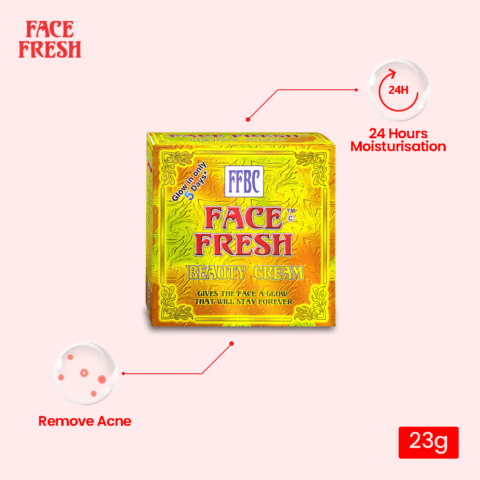

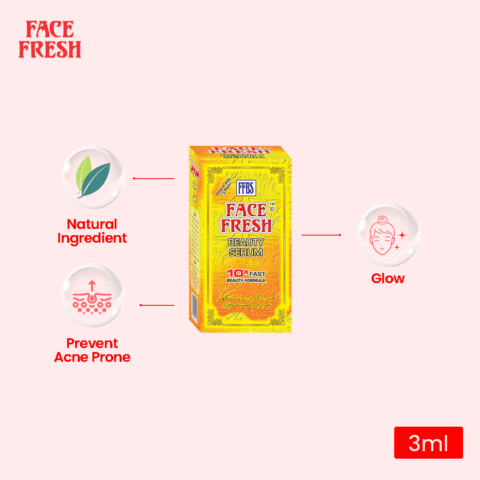
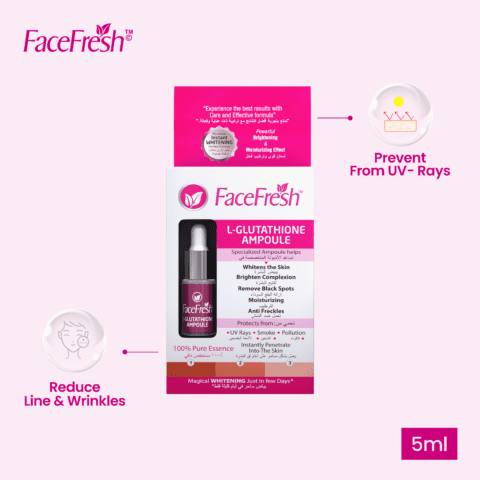
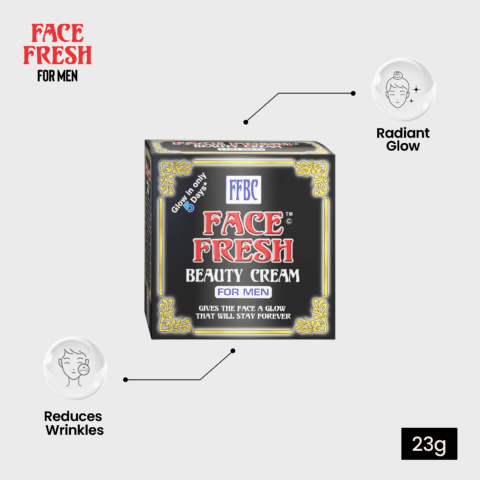
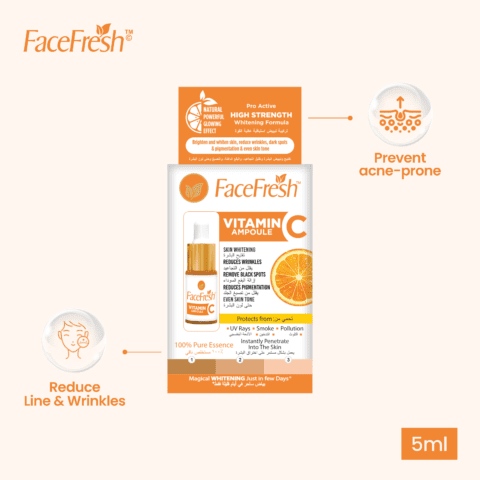
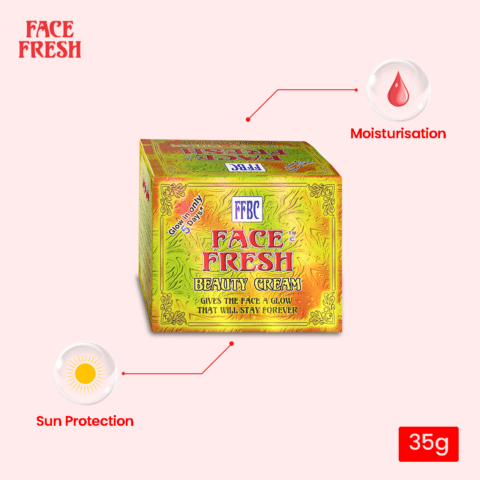

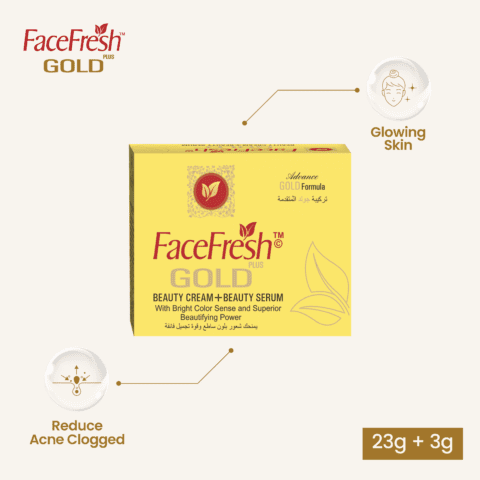

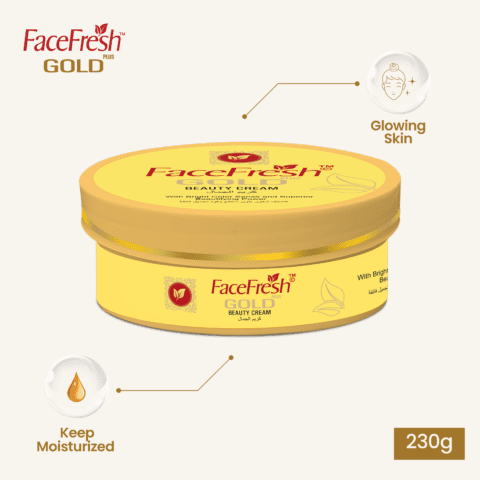


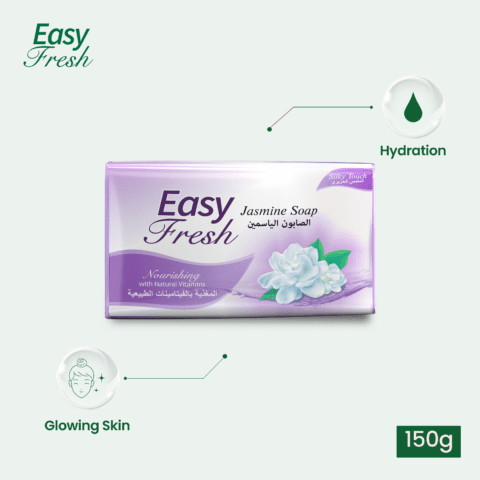

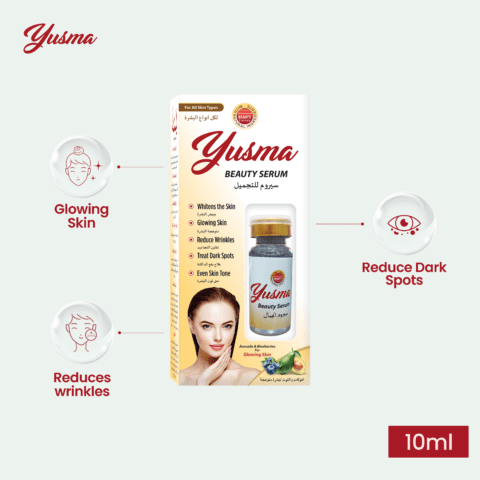
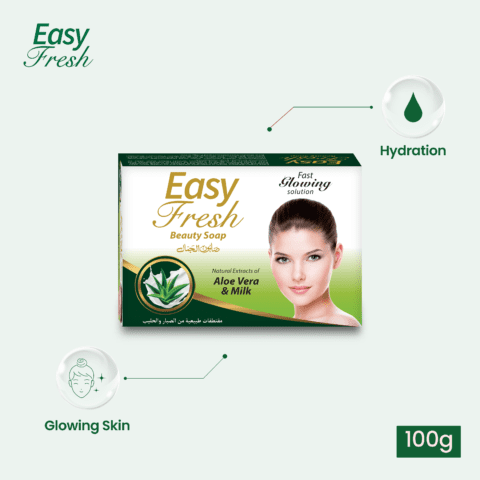


Leave a comment
Your email address will not be published. Required fields are marked *